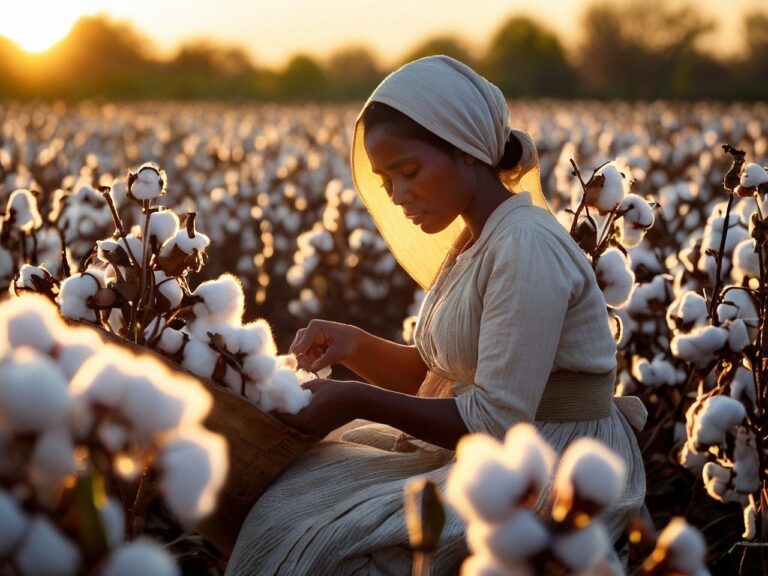Creating safe spaces for the most vulnerable

A recent report in some social media channels described the alleged tragic demise of a wife and mother by suicide. The report alleged that the woman, a teacher by profession, had surreptitiously engaged in an intimate relationship with a male student. Allegations are that word began to make the rounds that the two were in a close relationship and students noticed them spending an inordinate amount of time together. Further reports suggest that news of the relationship was becoming widespread and the assumption was that the teacher ended her life because word might have soon reached her husband and other members of the family. With no way to verify the woman’s side of the story and bearing in mind the old Jamaican saying, “deaf ears gi liad trouble,” (meaning people can often misrepresent the facts), I wish to speak not to the specifics of the case so much as the importance of partnerships for creating safe spaces where persons can feel free to share their feeling, emotions, anxieties and hopes and receive non-judgemental responses to foster health and healing.
This leads me to discuss other important partnerships at the national level that are critical to good governance and the protection of the most vulnerable in our society.
Importance of partnerships
Partnerships for change have been increasingly evident since the onset of the COVID-19 Pandemic. For example, even before vaccines were made available the World Health Organisation (WHO) COVAX initiative led the way in developing and coordinating the distribution of vaccines, especially in developing and underdeveloped countries. With the aim to increase the development and manufacturing of vaccines and guarantee fair and equitable access, COVAX aims to ensure that every country had the resources to fight the pandemic through Epidemic Preparedness Innovations (EPI) and WHO. UNICEF is viewed as a key delivery partner and PAHO plays a very important role, especially as the procurement agent in the Americas.
If countries in the Americas are to continue to navigate the way through the COVID-19 Pandemic there must be a redoubling of efforts to strengthen such partnerships for addressing some of the maladies, including gender-based violence, generally, and violence against the most vulnerable, in particular. With the promulgation of the Disabilities Act in Jamaica, there is high expectation that the way persons living with disabilities are treated will now receive a well needed boost. Indeed, the time is here for government, civil society and the private sector to work together to ensure the most at risk in our societies are given the respect and dignity they deserve.
The UTCWI-WCC partnership for social justice
Such respect and dignity were at the forefront of the work of the United Theological College of the West Indies (UTCWI), recently, in its partnership with the World Council of Churches (WCC) in the roll out of the Out of the Shadows (OoS) project. The UTCWI is an ecumenical organization owned and operated by six Christian denominations and has been in existence since the late 1960s. The WCC, founded in the late 1940s, has been engaging in social justice interventions and activities as part of the post-World War II repair damage which saw millions of persons, mostly men, being killed on the battlefield in Europe and elsewhere.
The WCC has successfully implemented this OoS project aimed at supporting the commitment of churches to work at bringing to an end sexual violence against boys and girls in Africa and Asia. The WCC is now taking steps to implement it in the Caribbean. This project comes at an opportune time as the UTCWI is celebrating 15 years since it has been involved in training and other activities to safeguard the rights of the most vulnerable, such as children, people living with HIV and the disabled.
In support of the Out of the Shadows campaign, and to enhance its healthy lifestyle programme, the UTCWI developed a module for building the awareness of religious leaders on child abuse, and strategies for prevention. The module will be integrated in the Voluntary Counselling Testing (VCT) skills training course and healthy lifestyle sensitisation programmes that are offered by the college. An accompanying handbook was developed to be used by trainers/facilitators to sensitise religious leaders in the region on issues of child abuse and provide safe spaces for children within places of worship.
A collaborative relationship was maintained between the trainers and participants over the two days of the workshop. During the facilitation process, the participants were invited to share their personal and professional experiences regarding abuse and discipline in the home, school and church. The trainers also shared personal experiences of abuse and human sex trafficking and noted the support of agencies such as UNICEF and the WCC toward actions which contribute to building an enabling and safe environment for victims of abuse. In the end, both participants and trainers came away from the training with the view that everyone has a right to experience parental and family care as well as the right to live in and have access to a safe environment.
No one should be subject to neglect and exploitation but should be protected from every form of violence and discrimination. Some progress has been made in reducing the incidence of child abuse with the support of agencies such as UNICEF and the (WHO). However, across the globe there is need for increased knowledge, expertise and resources to create safe spaces for everyone to speak their truth and advance action for the prevention of child abuse and exploitation.
Garth Minott is Deputy President of the United Theological College of the West Indies.






